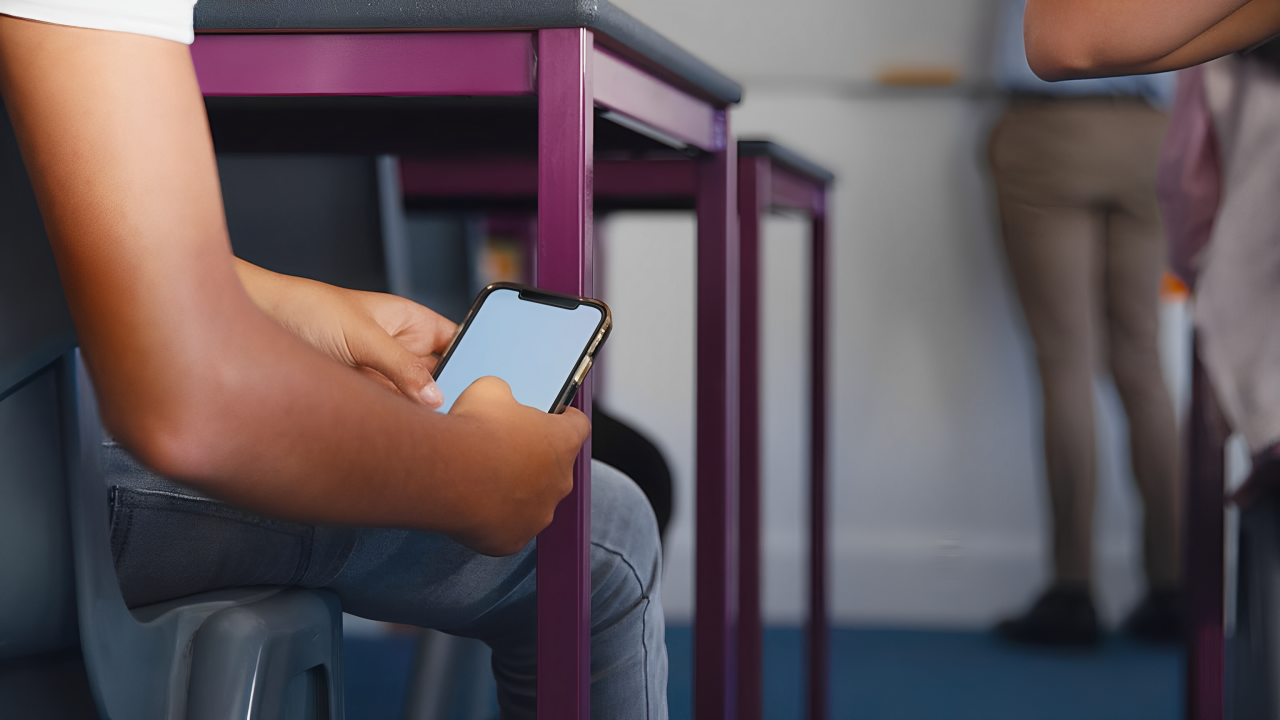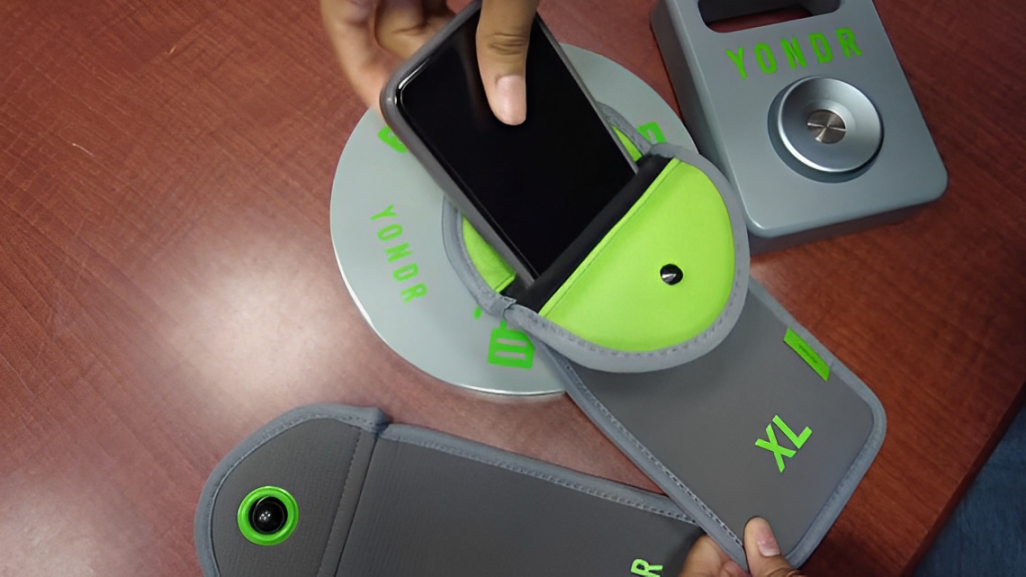Mid-South School District Reports Success with New Cellphone Ban Policy!
Cell phones in schools have become a hot topic, with more school districts choosing to ban them during class hours. In Arkansas, the state has allocated $7 million to help schools keep students’ phones locked up throughout the school day. So far, 75% of schools in the state have joined this initiative, with each school setting its own rules for how the ban will be implemented.
Governor Sarah Huckabee Sanders has voiced strong support for the program, hoping it will help reduce distractions in classrooms across the state. She stated, “Our phone-free school program is a great first step to promoting it statewide, and it could not get here fast enough.”
In the Mid-South region, at least one school district has already enforced a cellphone ban this year, with others expected to follow. In North Mississippi, the Marshall County School District has led the way by introducing Yondr pouches, which are used to lock students’ phones during school hours.
Superintendent Carrie Skelton explained that students are responsible for bringing these pouches to school and keeping them clean throughout the day.
Skelton stressed that the ban is not intended to punish students. “I want kids to know this isn’t a punishment for them,” she explained. “This is something to help them, hopefully.” However, there are consequences for students who are caught using their phones during the day.
If a student is caught for the first time, their phone will be confiscated, and a parent will need to pick it up. Repeated offenses will result in more severe disciplinary actions.

The school district has also made provisions for emergencies. In case of an urgent situation, school administrators have the authority to unlock the pouches. Despite some initial resistance, Skelton reported that the overall response to the ban has been mostly positive. However, there are differing opinions on this matter.
Bill Salak, the Chief Technology Officer at Brainly, an education company, believes that students should have more access to educational tools on their phones. “What I would have liked to have seen is leaning into digital literacy,” he said. “I’m talking about incorporating the use of technology into the classrooms on a day-to-day basis.”
After almost a month of enforcing the cellphone ban, the Marshall County School District has observed noticeable changes. Skelton noted that students seem less distracted in class and more social during breaks.
The idea for the ban was inspired by a North Texas school district that successfully implemented a similar policy. Skelton is hopeful that other districts in the Mid-South will consider adopting the same approach. “Hopefully, we’ll be a way to show people how they can make things better for kids,” she said.
Read More:
High Alert: Mosquito Illness Puts Six Kids in Tennessee Hospitals!
Heartbreaking: Mom Takes Legal Action Over 17-Hour ER Wait That Cost Her Son’s Life!
Meanwhile, in Tennessee, the topic of cellphone bans in schools could be revisited in the next state legislative session. This follows a previous attempt by lawmakers in East Tennessee that did not succeed. As more schools and districts consider similar bans, the conversation around the role of cell phones in education continues to evolve.

